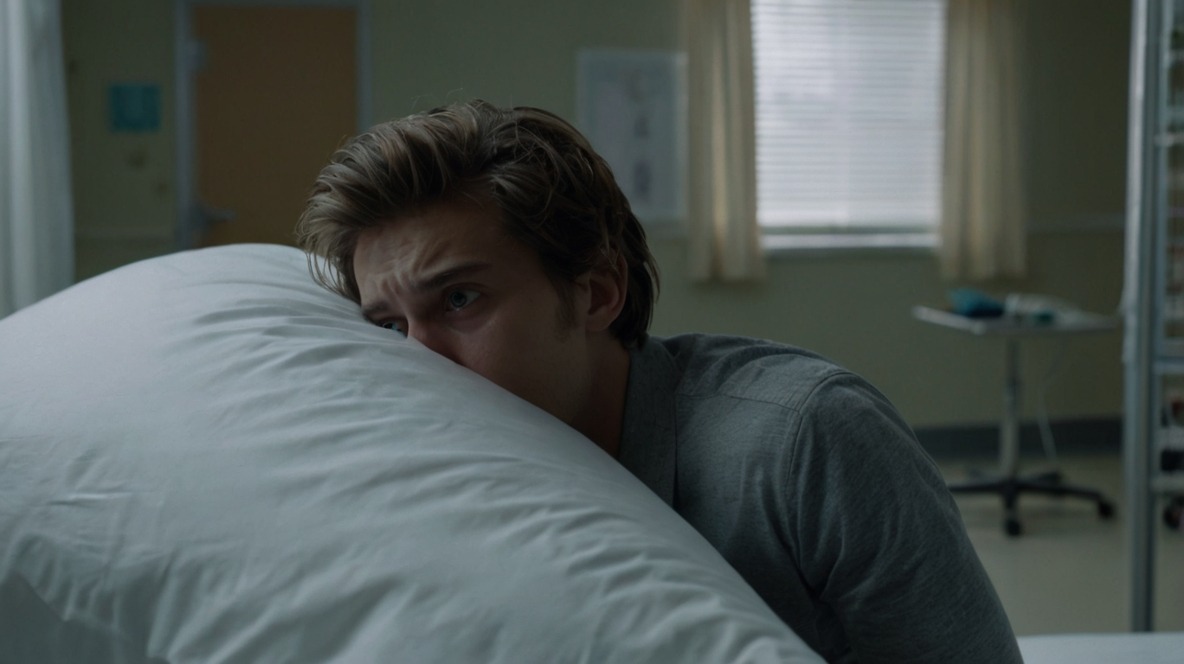Hong Kong researcher Calvin Kai-Ching Yu conducted a study involving 127 patients with various psychological disorders and a control group of 164 healthy individuals. He investigated dream intensity, thematic content, and sleep-related behavioral characteristics.
The results revealed that psychiatric patients, particularly those with depression, generally experience more intense dreams than healthy individuals. Their dreams often contain elements of persecution and general anxiety. They also frequently touch on the integrity of the inner “self”—the discrepancy between how an individual perceives themself and how they are perceived by others.
Interestingly, patients with schizophrenia experience lucid dreams more frequently than healthy individuals and can control their plots. Moreover, they are able to self-induce specific actions or abilities that are then realized in the dream. However, the visual imagery in their dreams tends to be blurry, which may be linked to certain perceptual characteristics of schizophrenia.
The article was published in October 2024 in Dreaming.
Get all the latest news about lucid dreams via our channels on Telegram, Facebook, Twitter




